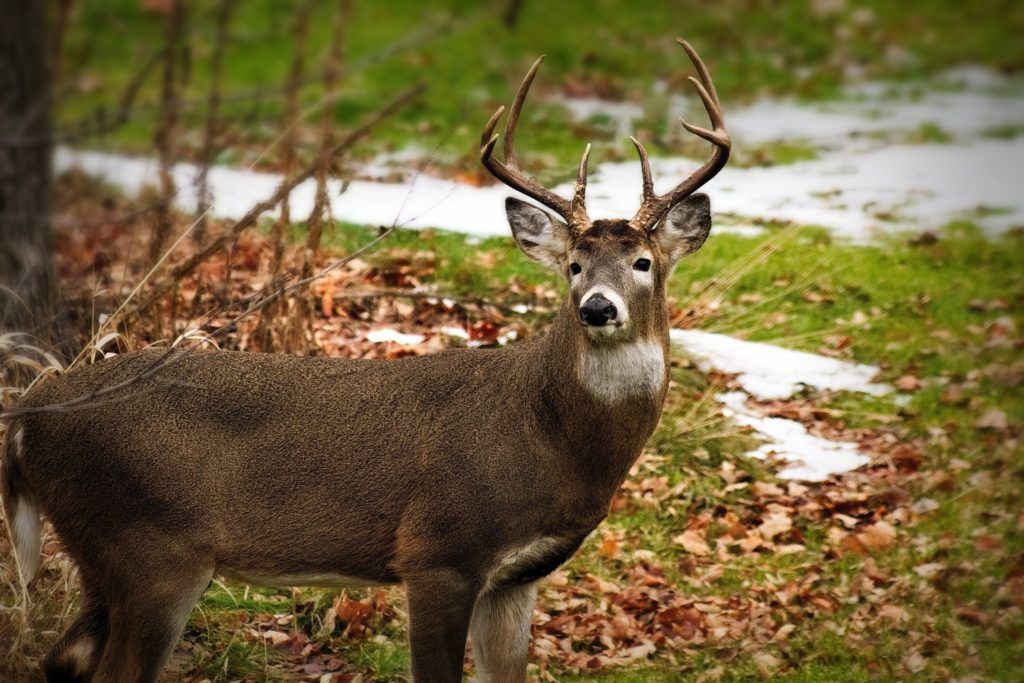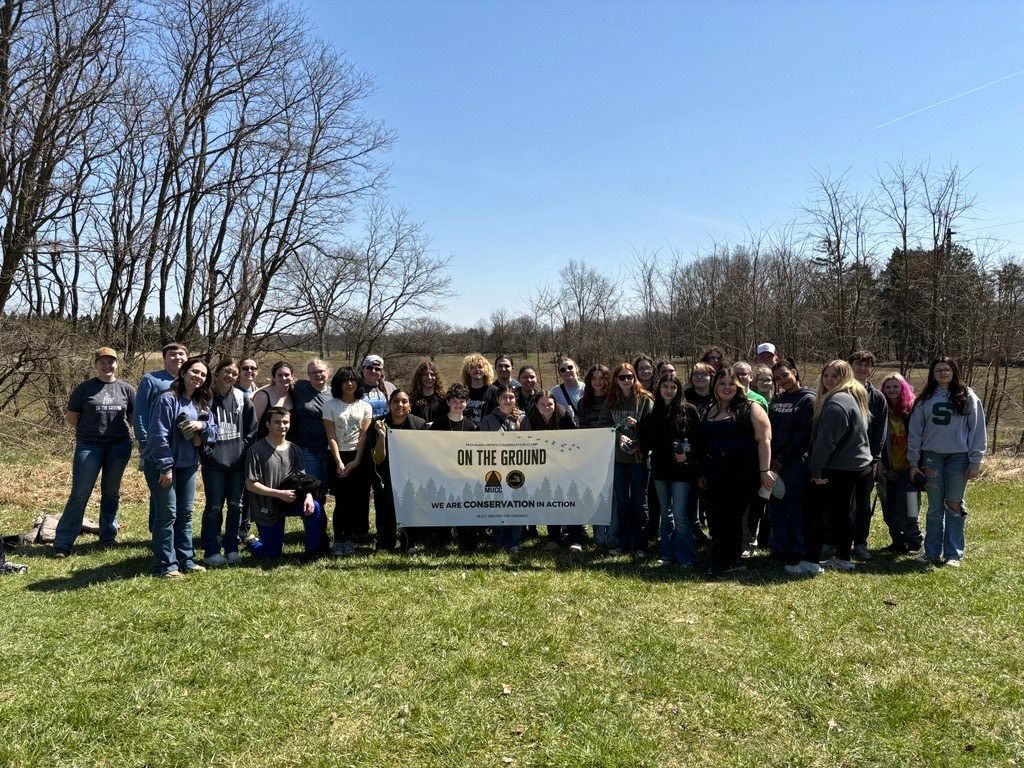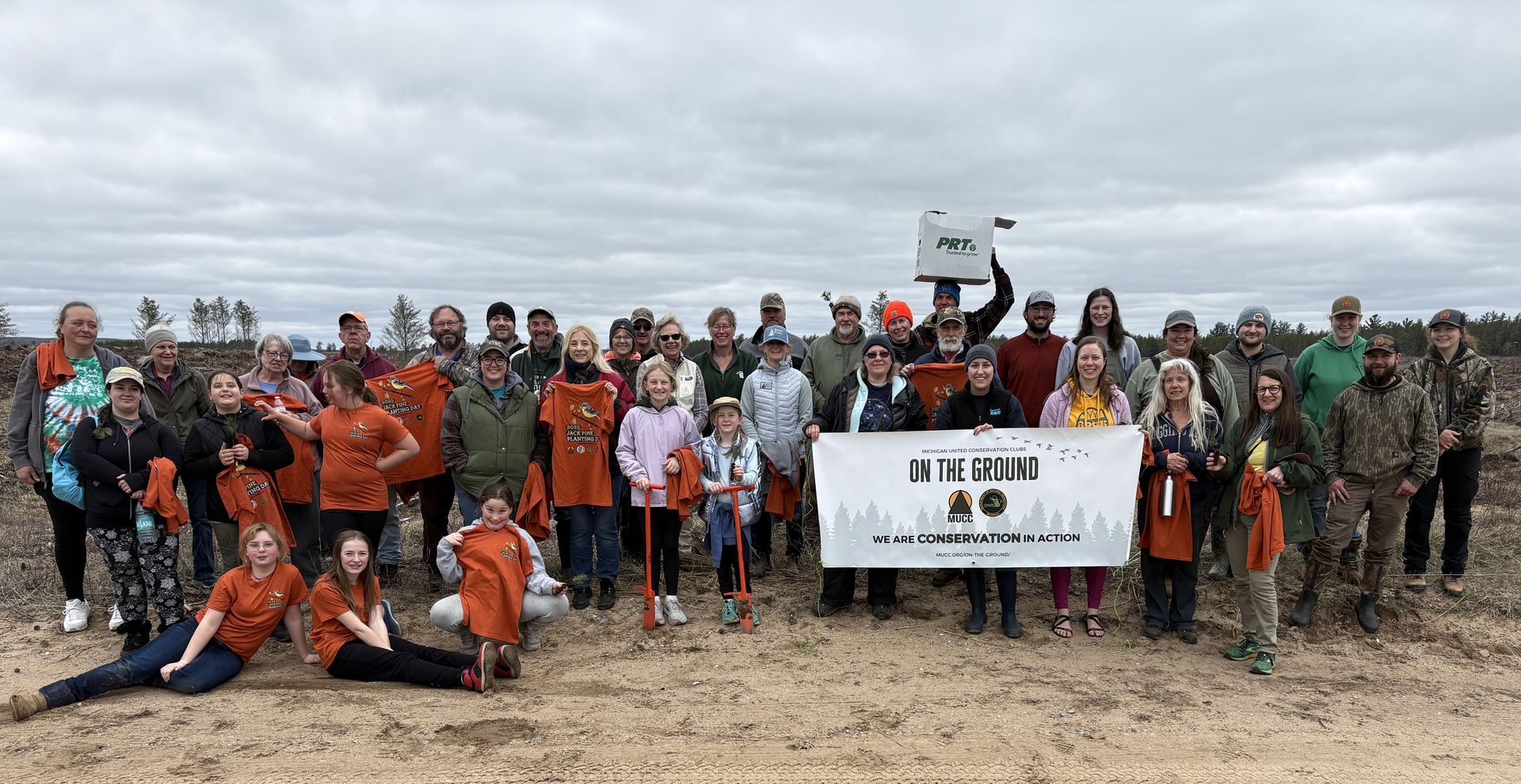Michigan Senators Drop New License Fee Package
Yesterday, Senators John Cherry (D-Flint) and Jon Bumstead (R-North Muskegon) released a standalone license fee package, overhauling the fees associated for hunters, trappers, and anglers, and creating new revenue for the Department of Natural Resources.
Senate Bills 276 and 277 referred to the Senate Appropriations Committee, represent the newest proposal to fund the DNR after the failure of HB 6229 in late 2024.
The legislation would fund the DNR with additional license fees, and a backfill mechanism to reimburse the department for several license discounts, and lost commission to license vendors.
This legislation is a project from the senators and differs dramatically from the executive proposed budget earlier this year.
Some new costs as proposed in the legislation:
- Base License: $15
- Hunt/Fish Combo: $100
- Complete License: $150
- All Species Fish: $30
- Deer License: $25 (Combo is $50)
- Antlerless Deer License: $5 (mandated 80% discount from the $25)
- Retains senior discounts
- Child Deer License: $10 (new license)
- Mentored Hunting License: $10
- Turkey: $18
- Bear: $30
- Elk: $125
- Waterfowl: $18
- Fur Harvester: $18
- Bobcat: $30 (new paid kill tag)
In addition to a base license, a combination hunt/fish license, and an all-species fishing license, a $5 surcharge will be included, the funding from the surcharge is restricted to Hunters Feeding Michigan, the Michigan Wildlife Council, and a newly created hunting and fishing education recruitment fund.
All licenses will be tied to the Consumer Price Index providing a permanent mechanism for license fees to keep up with inflation. Sen. Cherry said this bill is not a DNR or Executive proposal, but rather a passion project from a pair of hunters.
"My friend senator Bumstead and myself started this package as a passion project of two Michigan hunters. The goal of this package is to ensure the DNR has the resources it needs to protect, manage, and improve our great natural resources. We strove to create a mechanism to invest in protecting our hunting and fishing heritage and better align our deer licensing structure to reflect the modern realities of Michigan's deer herd, all while minimizing the burden on Michigan's hunters, trappers, and anglers,” said Sen. Cherry. “I look forward to continuing this work with my Senate and House colleagues to deliver good policy for the people of the State of Michigan."
Sen. Bumstead reiterated his passion for this legislation, and the need to ensure the DNR has the funds necessary to properly manage all the state's natural resources.
“As an avid outdoorsman with a passion for hunting and conservation work, it was imperative to me that I was involved in this legislative package. Senator Cherry and I got together to work on this package to help ensure that our hunting and fishing cultures can continue to thrive in our state. What we have introduced here, is a product of bills that reflects the input of our sportsman communities and the needs of the DNR to continue protecting and managing habitats and species in Michigan, while minimizing the financial impact of these changes on our hunters,” said Sen. Bumstead. “I am proud of the work that Senator Cherry and I have done thus far and am eager to continue working with my Senate and House counterparts to provide necessary and meaningful policy changes to protect our state’s hunting and fishing heritage.”
Michigan United Conservation Clubs supports long-term, sustainable funding solutions for the Department of Natural Resources that ensure the continued protection and enhancement of our natural resources, fish and wildlife populations, and access to outdoor recreation.
The organization will continue to monitor this, and another proposal for increased DNR funding.
Recent Posts



